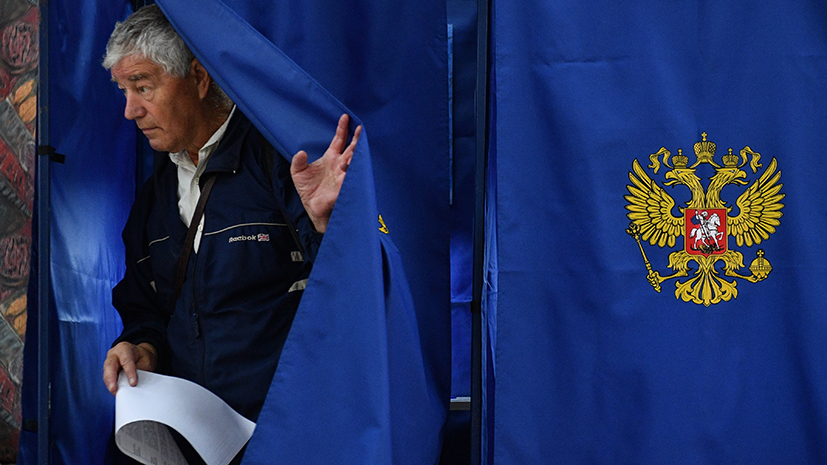On Wednesday, May 13, deputies of the State Duma in the third and final reading adopted amendments to the federal law “On Basic Guarantees of Voting Rights and the Right of Citizens of the Russian Federation to Participate in a Referendum”.
As indicated in the explanatory note, the changes are designed to help ensure the rights of participants in the electoral process, as well as to prevent the commission of illegal actions, including those aimed at falsifying signatures.
The bill adopted by the State Duma provides for the possibility of voting in a remote format - using electronic tools and by mail.
“When conducting elections to state bodies of power, local self-government bodies, a referendum of a constituent entity of the Russian Federation, and a local referendum, in cases and in the manner established by the Central Election Commission of the Russian Federation, it may be possible to vote voters, referendum participants by mail, as well as by remote electronic voting,” - the law says.
In particular, a single portal of state and municipal services can be used to collect signatures of voters and referendum participants.
Meanwhile, as State Duma deputy Dmitry Vyatkin noted in an interview with RIA Novosti, the adopted norm will not apply to the all-Russian vote on amendments to the Constitution of the Russian Federation. Initially, the vote on amendments to the basic law of the country was planned to be held on April 22, but because of the epidemic of coronavirus infection, it was postponed indefinitely.
In addition, the bill contains a number of amendments aimed at eliminating errors in the manufacture of signature sheets. Among other things, the commission organizing the elections or referendum is obliged to approve the sample of the signature sheet: now, when affixing the signature and the date of its submission, the voter or referendum participant must also make his own name, first name and patronymic.
In addition, now the election of the head of a constituent entity of the Russian Federation, which is elected by deputies of the legislative authority, can be postponed if a regime of high alert or emergency is introduced in the region or in at least two of its municipalities.
Corresponding amendments were introduced to the State Duma by members of the lower house control and regulation committee Olga Savastyanova, Dmitry Lameykin, Mikhail Emelyanov and Irina Maryash.
- © Alexander Kryazhev / RIA News
Later, Deputy Chairman of the CEC of the Russian Federation Nikolai Bulaev explained that remote voting would be possible in the regions if appropriate conditions exist. According to him, lawmakers only created the opportunity for voting in remote formats.
“The CEC will decide if there are conditions, technical, primarily, opportunities in the regions. It’s not just saying “we vote remotely”. And then what? Announced, but no technical capabilities. We need to create, ”RIA Novosti quotes him.
“Absolutely Normal Step”
As the deputy of the State Duma and one of the co-sponsors of the initiatives Dmitry Lameykin noted, the law was developed taking into account the current epidemiological situation in Russia so that when such situations recur in the future, the state would have the opportunity to vote if necessary.
“If we are talking about mail, then in the current legislation this already exists, just decisions are made at the level of regional commissions. Here we are talking about the fact that under certain conditions the Central Election Commission can adopt a certain algorithm for holding voting in some form, which would allow maintaining the safety of citizens in a pandemic. But the bill itself is much wider. But this is only the possibility of acceptance, and not the adoption itself, ”said the source.
In turn, the first deputy chairman of the State Duma committee on state building and legislation, Vyacheslav Lysakov, in an interview with RT, stated that the bill adopted by the State Duma was due to technological progress and the digitalization of many areas of life.
“Given the widespread development of the Internet as such and a fairly serious online search for citizens, taking into account these modern realities, it is extremely important to modernize and promote processes, including those relating to citizens' voting, in this direction. I think this is an absolutely normal step. We are moving towards reducing paper workflow, ”the parliamentarian explained.

